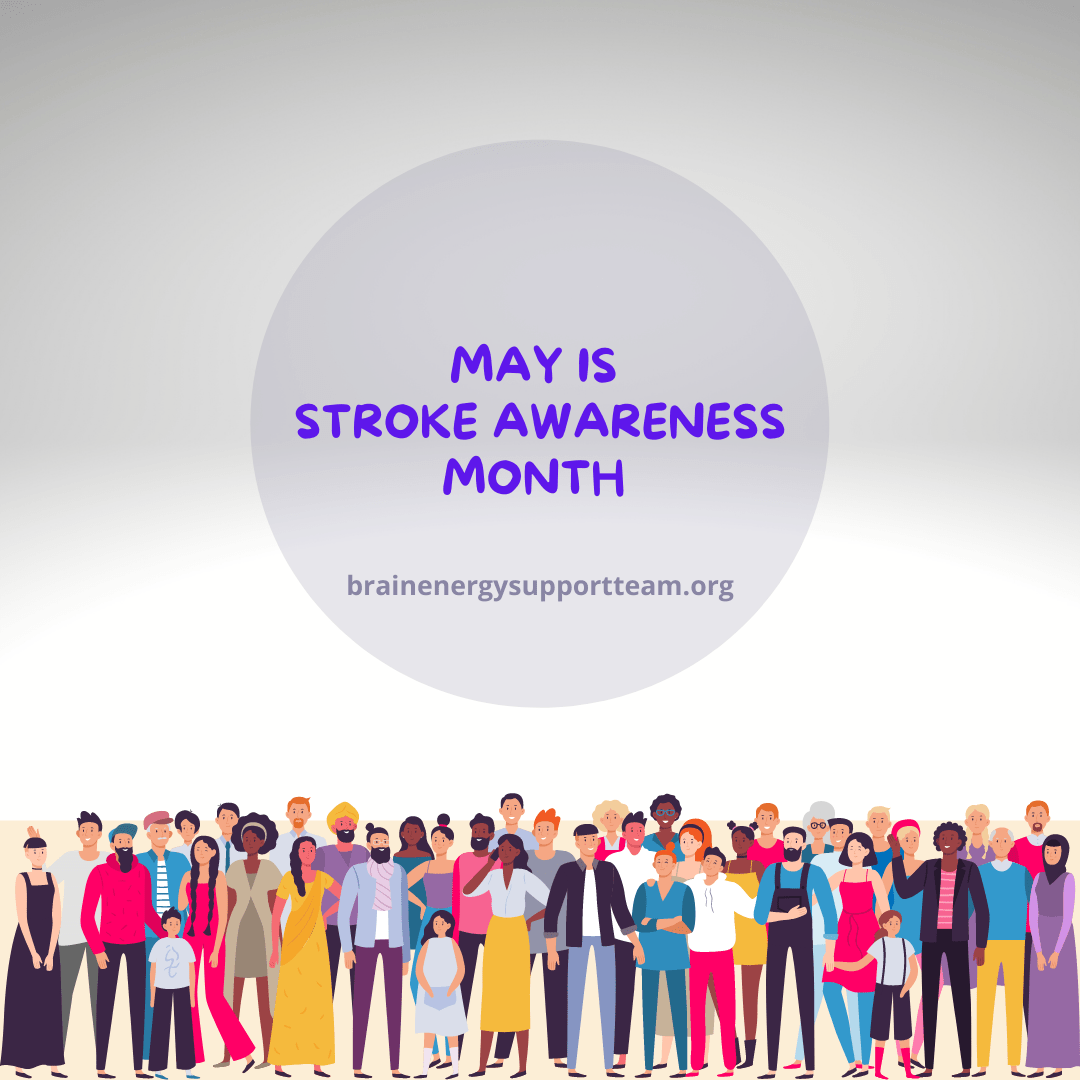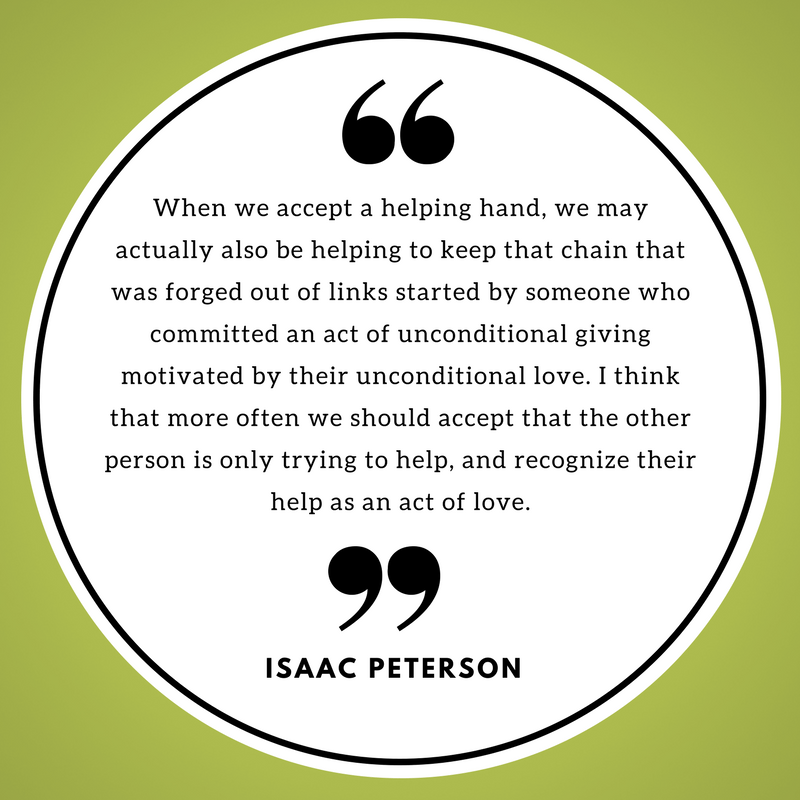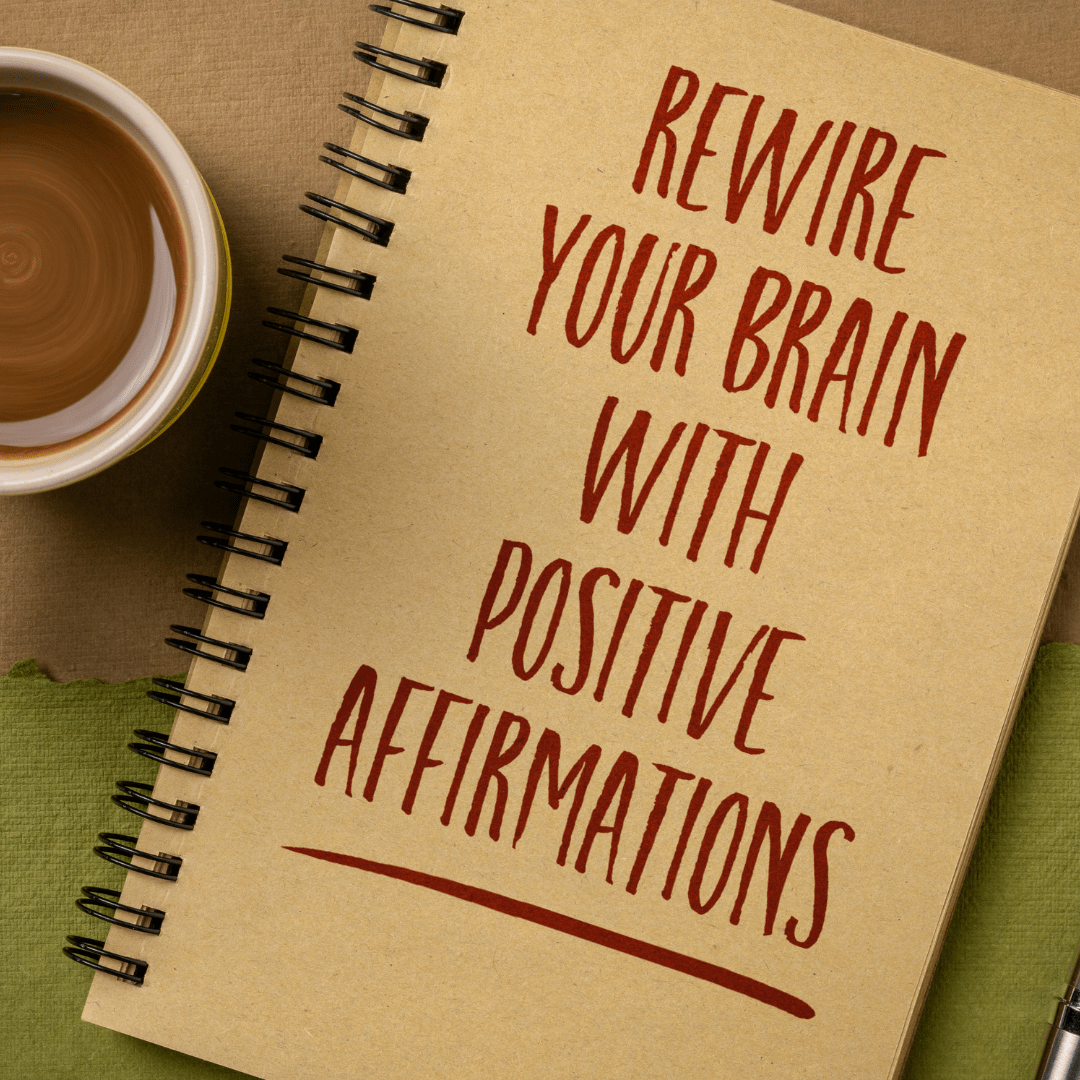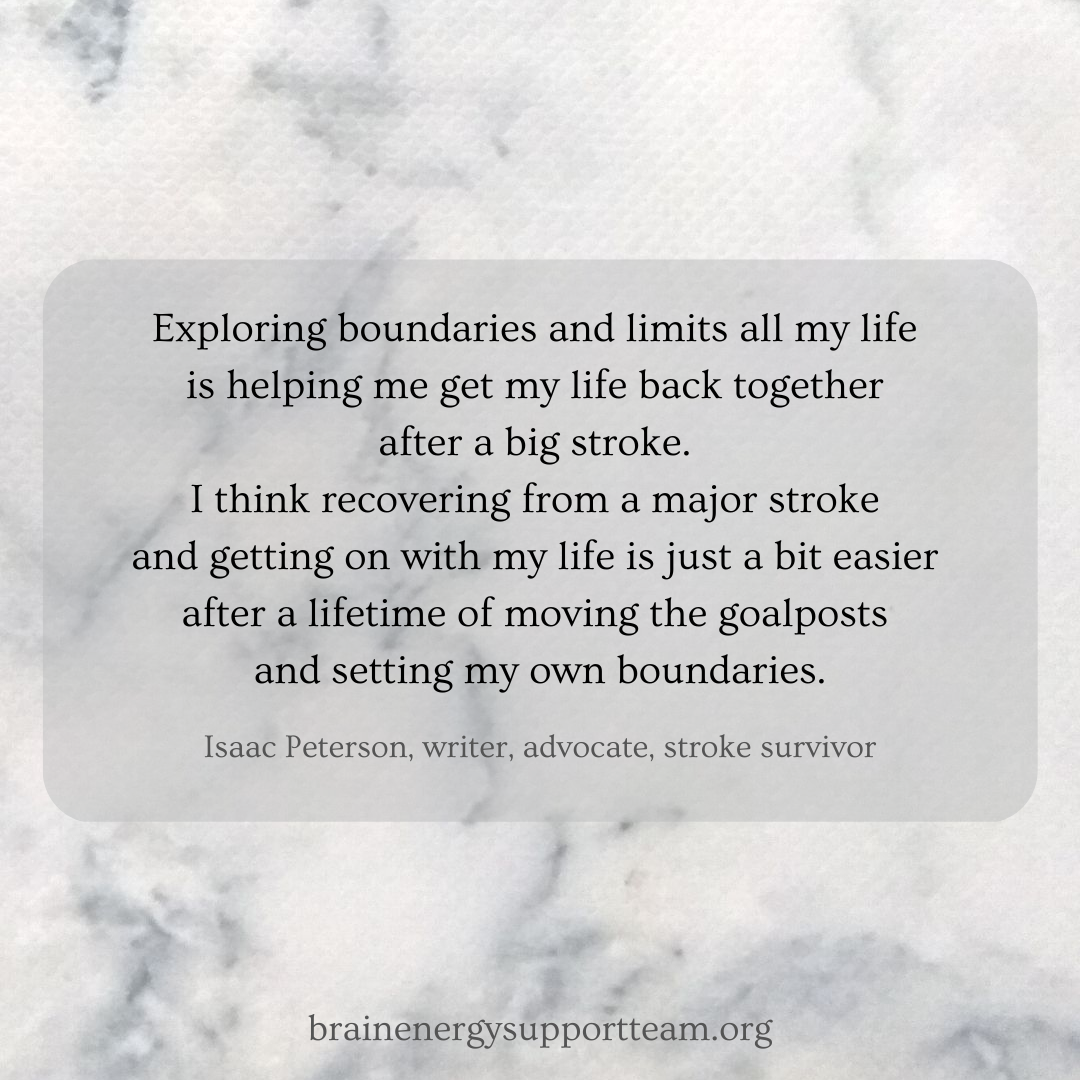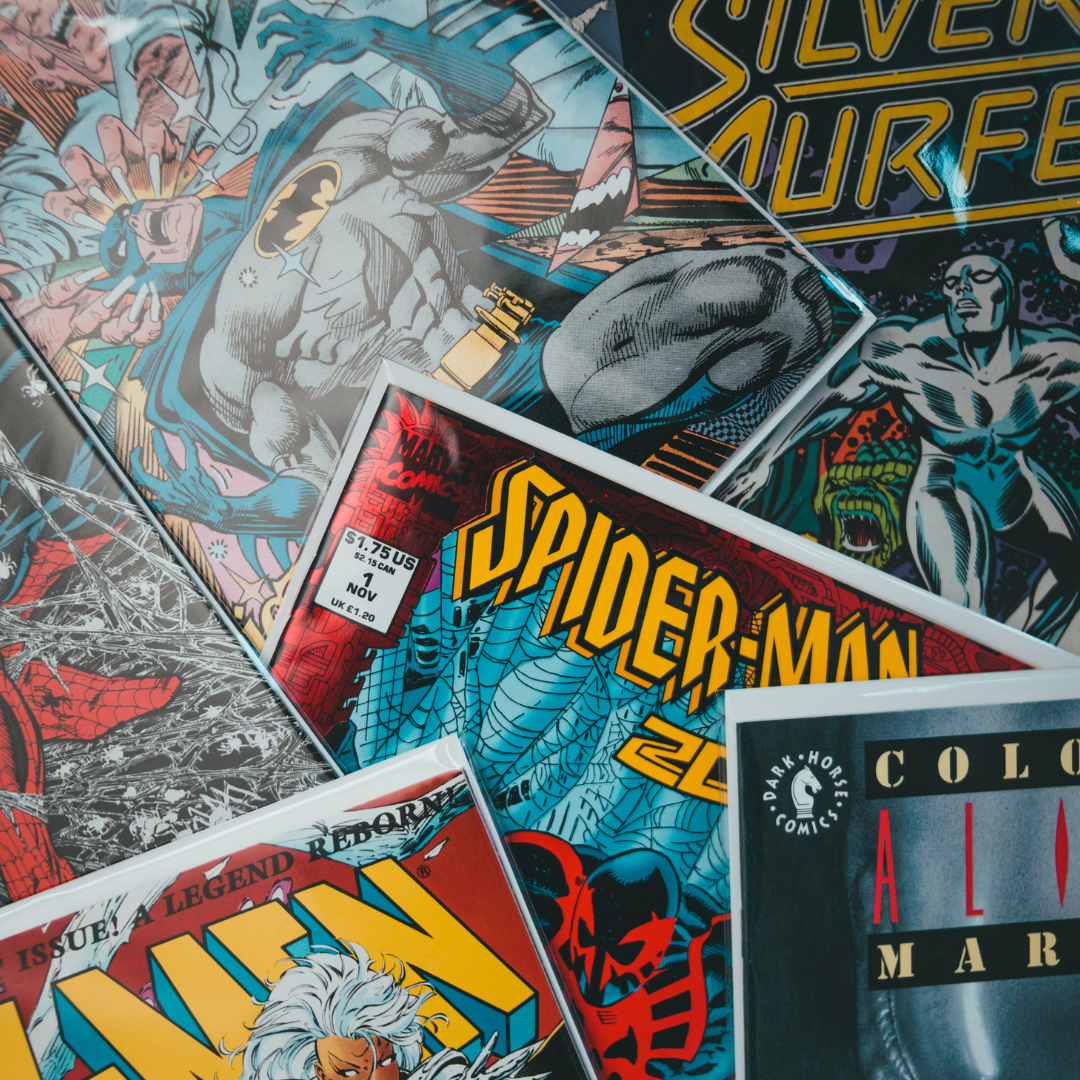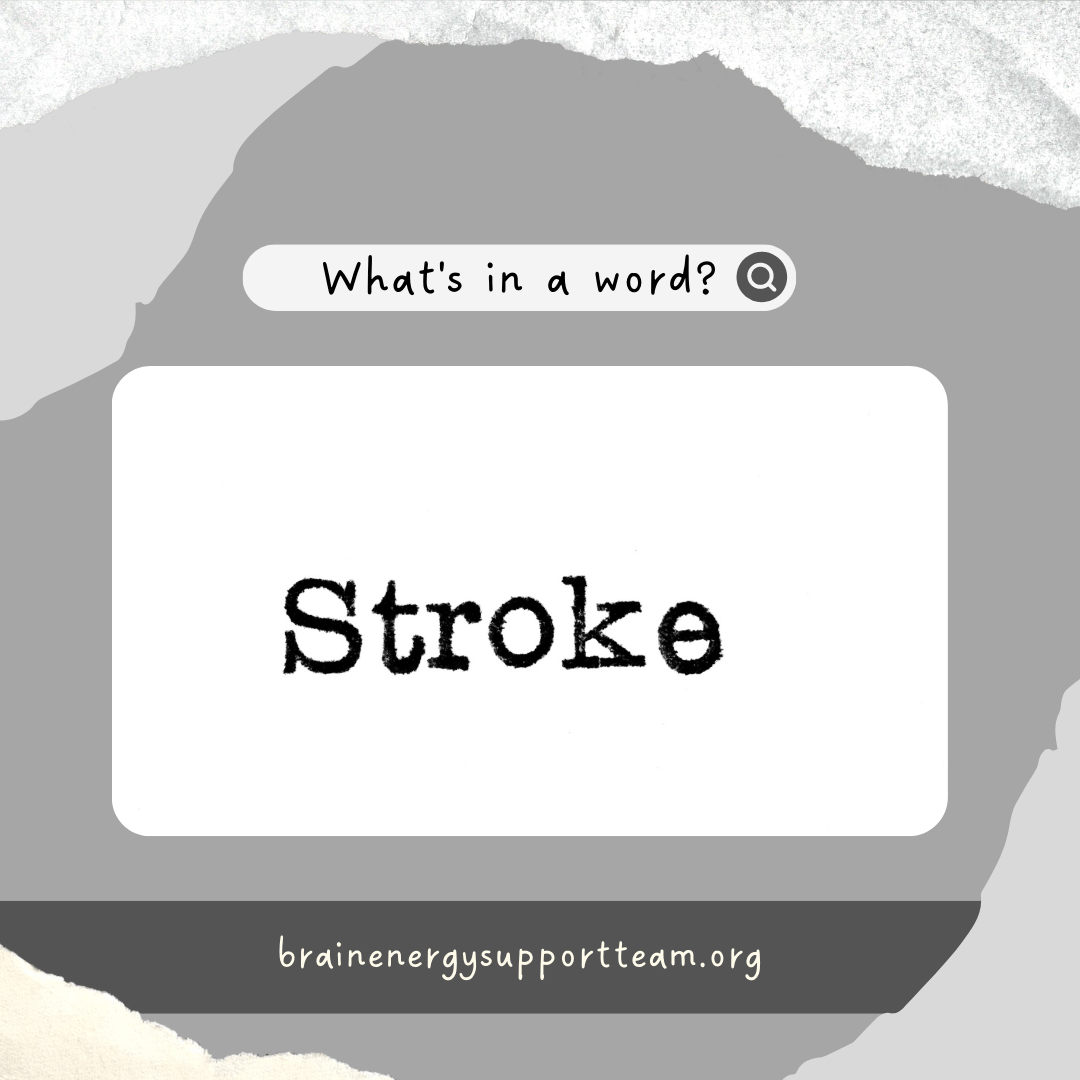BEST guest blogger Isaac Peterson explores attitude, empowerment, determination and self-care in his latest blog post. Prepare to be inspired!
 When I was released from the hospital about four months ago, following a one-month stay after my stroke, they gave my sister a pretty bleak outlook for my future.
When I was released from the hospital about four months ago, following a one-month stay after my stroke, they gave my sister a pretty bleak outlook for my future.
The picture they painted was one where I would be weak and helpless, needing round-the-clock care, that I would be confused, and made it sound like I would constantly need my diapers changed.
Needless to say, they were wrong. Here I am, four months later, going for daily walks, running my own errands, cooking my own meals, and being generally independent. I have even resumed my writing again. Other than giving me a roof over my head, I have not had to ask my sister for one single thing.
Why were they so mistaken about me?
One reason seems to be that they had badly overstated the severity of my situation. They hadn’t taken into account the strength of my determination. They should have had a clue: I wasn’t the textbook patient during my time in the hospital. For one example, I would get up and walk around; several times they had someone confront me and tell me to go back to my room. I would sit and read for long stretches, something they didn’t seem to think I could or should do.
The other reason they were so far off the mark with me was that they failed to take into account my attitude about my condition. My mother used to call me hard-headed, and she didn’t intend that to be a positive statement.
I have had several doctors tell me that my strong positive attitude made a huge difference. I never bought into the bleak outlook I was given; I was never going to buy into the notion that I’m helpless, in any way, shape or form. Granted, I still have some progress to be made with some of the physical effects I still experience, but those have gotten noticeably better, and continue to improve.
Following are some of the things I’ve done that I feel have contributed to my rapid progress. Please note that I can only recount what worked for me; I realize that all of us with brain injuries face unique challenges.
Positive imagery.
Every day and every night, I constantly feed images of myself to my brain. I focus on positive images–images of myself doing the things I want to do and that I used to do. In my mind, I watch myself walking and talking and doing the things I want to accomplish. I never see myself as I currently am; I feel that would be negative, and I don’t want to focus on the negative. I give my brain the positive results I want to see, and I won’t stop until there is no gap between what I want to be and what I am.
Pay attention to nutrition and eat nutritious foods.
I never much cared about my eating habits, but have started to pay more attention to nutrition since my stroke. While my brain is constantly at work trying to re-establish neural pathways and get me back to 100 percent, I realize that it’s a good idea for create a health framework, to the best of my ability.
Get lots of quiet and rest.
From what I’ve read about traumatic brain injury, it seems that a brain needs as much quiet and rest as possible to do its work. I find that I am sleepy and require more rest than I ever did. Many days it is not possible for me to make it through the day without needing a long nap. When I feel the need for sleep, I indulge it; I feel that my brain is signaling that it wants to be freed to do its job and restore me to that I once was. I also find that I sleep longer and deeper than ever. Those periods of rest leave me not just feeling refreshed, but also renewed. I find that sometimes after a long, intense sleep I find myself a bit more capable in some areas. I especially feel a bit sharper–my memory most notably. I find myself thinking about people and situations I hadn’t thought about in decades, and I can recall them vividly.
Follow the treatment plan.
I have the most wonderful primary care doctor I could hope for. Following his advice has allowed me to progress beyond what I would have thought possible. When I’ve made some measure of progress, he shares in my victory and my sense of accomplishment, and is always encouraging me to keep going.
Setting myself up to experience a series of small victories.
One of the things I do to get back the full use of my legs is to go out and walk every day. I set goals in increments, such as determining that I will gradually increase the time and distance I walk, rain or shine (although in Tacoma, Washington, it’s more often rain that shine but I do it anyway). I will decide that the next time I walk, that I will walk one block or two blocks further than I did last time. I now can cover about two miles and that distance keeps increasing.
I will get there if I keep at it and don’t give up on it.
But I find I should:
Keep it realistic.
I realize it’s not realistic to expect I’m going to run in the Boston Marathon any time soon, or to compete in the Olympics. I understand that I will get better in small increments. While my brain’s connection to my legs continues to get stronger, I still can’t run. But that will come with time. I will run when I am ready to run.
Don’t push it.
I understand that I cannot make my brain work faster; all I can do is to give it the best chance possible to do its job. I know my brain wants me to be at 100 percent and that I can’t force it to happen. But I can do things that make its job a little easier. All the improvements I’ve made have come out of the blue and are a complete surprise when I find I can do them. I’ve come to love my brain and have entered into a kind of partnership with it.
As far as I’ve come, I realize I still have a sizable distance to go. There are some times that I feel stuck and am not progressing, but I can’t let that get me down or dwell on negative thoughts. I would be sabotaging my own progress if I did that.
I don’t believe the sky’s the limit; I prefer instead to shoot for the stars. Maybe I’ll only make it to Saturn or Jupiter, but I’m on the way. But I’m hard-headed and I’ll still be shooting for the stars from there.
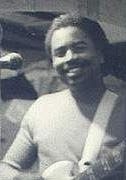
Isaac Peterson grew up on an Air Force base near Cheyenne, Wyoming. After graduating from the University of Wyoming, he embarked on a career as an award-winning investigative journalist and as a semi-professional musician in the Twin Cities, the place he called home on and off for 35 years. He also doesn’t mind it at all if someone offers to pick up his restaurant tab.

